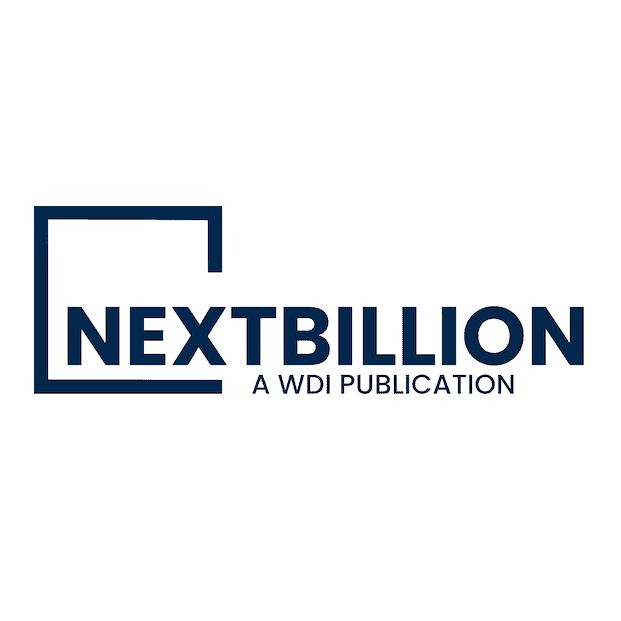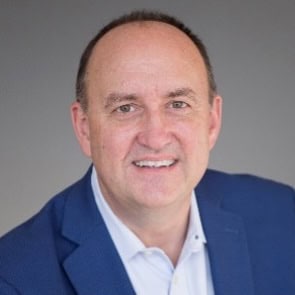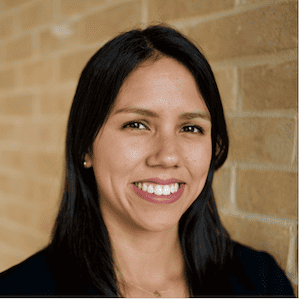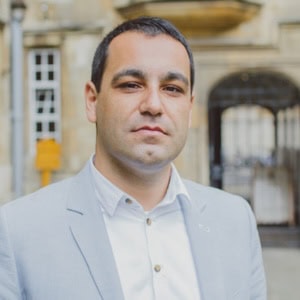-
Unlocking Empowerment for Poor Customers: Three Tips for Financial Services Providers
We expect financial services to bring several things to the lives of poor people: more options on how to manage their circumstances and opportunities, a sense of confidence and control over their future - a sense of empowerment, in other words. Here are three ways that financial institutions can nurture empowerment among low-income customers through their actions and offerings.
- Categories
- Uncategorized
-
NexThought Monday: Closing China’s Credit Gap
China's economy is on the path toward becoming more financially inclusive, but because the centralized Credit Reference Agency falls short, there's still a need for a scalable system for credit evaluation. Alibaba-affiliate Ant Financial is trying to provide an innovative solution.
- Categories
- Uncategorized
-
‘Clubfoot Can Be Solved on a Global Scale’
miraclefeet believes clubfoot can be solved on a global scale and envisions a world where every child can receive treatment. The five-year-old organization partners with local health care providers in public hospitals to support the Ponseti treatment and to ultimately create sustainable clubfoot programs in low-resource countries.
- Categories
- Health Care
-
Three Ways to Optimize the Smartphone Experience for the Next Billion Users
Across emerging markets, smartphone adoption is predicted to outpace bank accounts by the end of the year, opening up an increasingly clear opportunity for more multifaceted financial services. However, a range of technical constraints still hold some users back. Here are three ways to optimize for a more inclusive future.
- Categories
- Technology
-
Inclusive Business Partnerships: Distracting Dead End or Sustainable Solution?
If anything has been proven in the past decade of inclusive business, it's that “go it alone” doesn't work. The enterprises that are going to scale have partners. The other inescapable facts are that partnering is hard and some partnerships don't work. The problem is perhaps that partnering is assumed to be something that just happens and anyone can do it.
- Categories
- Uncategorized
-
Opportunity International’s Evolving Microfinance Strategy: A Podcast Q&A with CEO Vicki Escarra
Opportunity International, a pioneer in the microfinance space, operates 39 microfinance institutions in Africa, Eastern Europe, Central and East Asia and Latin America. But recently, the organization has been undergoing a strategic shift, announcing the sale of several MFIs in sub-Saharan Africa. We spoke with Opportunity's CEO, Vicki Escarra, about these moves – and many other topics – in this Q&A, NextBillion's second podcast.
- Categories
- Technology
- Tags
- microfinance, philanthropy
-
Weekly Roundup: It’s a New World in Global Health … If You Act On the Old Study
That 25-year, quarter-billion-dollar, 1,000-scientist effort to catalog death and disability in nearly 200 countries – the Global Burden of Disease study – is still out there and relevant, even though not every country’s bought in. The countries that are buying in, however, have reaped rewards.
- Categories
- Health Care
-
Letter from Mindanao, Part 2: Rural banking and the promise of cacao
In part two of his exploration of the effects of ASEAN integration on banking in the Philippines, Bruce MacDonald discusses the value of targeting hard-to-reach rural clients with microfinance, SME and agricultural loans. Of particular importance: loans for cacao production, as the country is ideally placed to help address a global cacao shortage that could reach a million metric tons by 2020.
- Categories
- Uncategorized










